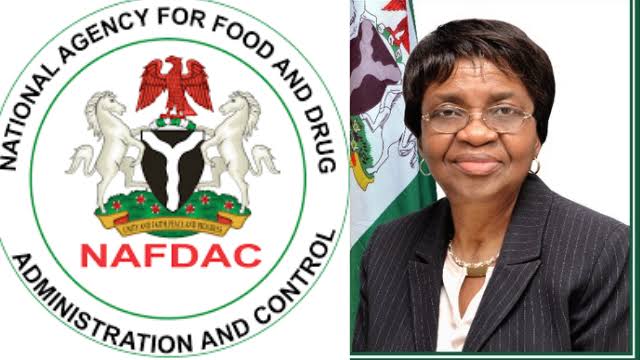- NAFDAC lists goods like sesame, beans, and palm oil rejected abroad due to failure in standard clearance procedures
- Poor inter-agency collaboration and logistics issues contribute to rejecting Nigerian export food commodities
The National Agency for Food and Drug Administration and Control (NAFDAC) has released a list of ten goods that have been rejected abroad, blaming the rejection on stakeholders’ failure to follow standardised clearance procedures.
Sesame, beans, melon seeds, peanut and smoked fish/fish meal, ginger, spices paper, hibiscus flower, palm oil, and ogbono are among the most commonly rejected export food commodities from Nigeria from 2018 to date, according to her.
Sanwo-Olu O.A., Deputy Director, Export Division, Ports Inspection Directorate, NAFDAC, stated this in an address to the 3rd CHINET Aviacargo conference in Lagos, titled “Unlocking the Logistics Barrier to Improving Agro Exports Products.”
She attributed the rejection to, among other things, freight forwarders, cargo handlers, airlines/carriers, regulatory agencies, and poor inter-agency collaboration.
Sanwo-Olu urged stakeholders to work together to ensure that the country’s export trade meets the requirements of its trading partners in terms of quality, standards, and quantity as trade grows.
